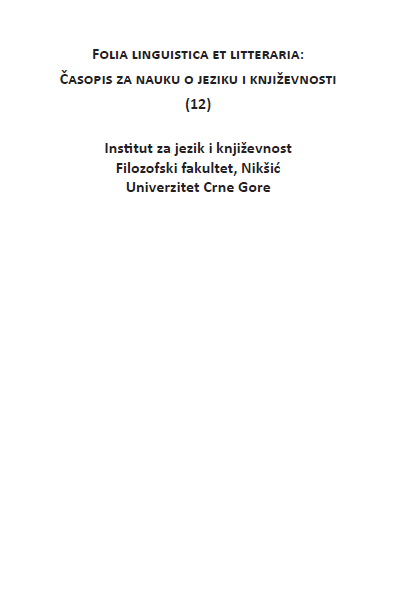THE MOSAIC SYMBOLIC SYSTEM OF THE CONTEMPORARY RUSSIA AS THE RESULT OF THE INTERCULTURAL COMMUNICATION AT THE POST-SOVIET PERIOD
THE MOSAIC SYMBOLIC SYSTEM OF THE CONTEMPORARY RUSSIA AS THE RESULT OF THE INTERCULTURAL COMMUNICATION AT THE POST-SOVIET PERIOD
Author(s): Yulia TenSubject(s): Cultural history, Political history, Sociology of Culture, Post-Communist Transformation, Globalization
Published by: Filološki fakultet, Nikšić
Keywords: symbol; symbolic system of Russian culture; intercultural communication; cultural expansion; westernization;
Summary/Abstract: The author analyses the history of the change the symbolic systems of different cultural period of the Russian civilization from the old to the present. The special subject of the research interest is the formation of the symbolic system of the Russian culture at the Post-Soviet time. The intercultural communication is seen as an exchange of symbols between cultures. The important result of the intercultural communication is borrowing the symbols of the culture-donor by the culture-recipient. The one of the results of the author’s investigation is that massmedia and advertisements are the main sources of transmission of West patterns of thinking and behavior at the contemporary Russian culture. Author tries to explain the reasons why the modern Russian symbolic system has mosaic nature.
Journal: Folia Linguistica et Litteraria
- Issue Year: 2015
- Issue No: 12
- Page Range: 147-154
- Page Count: 8
- Language: English

